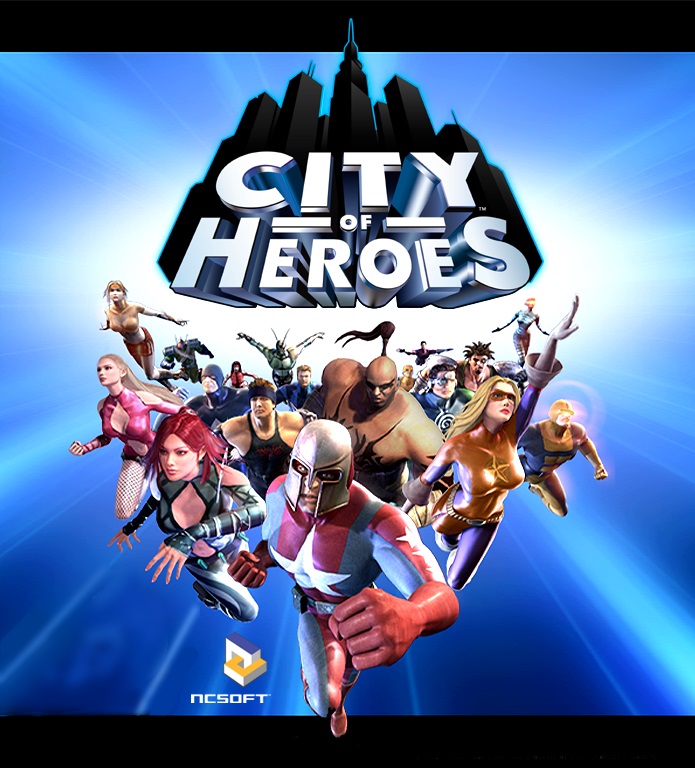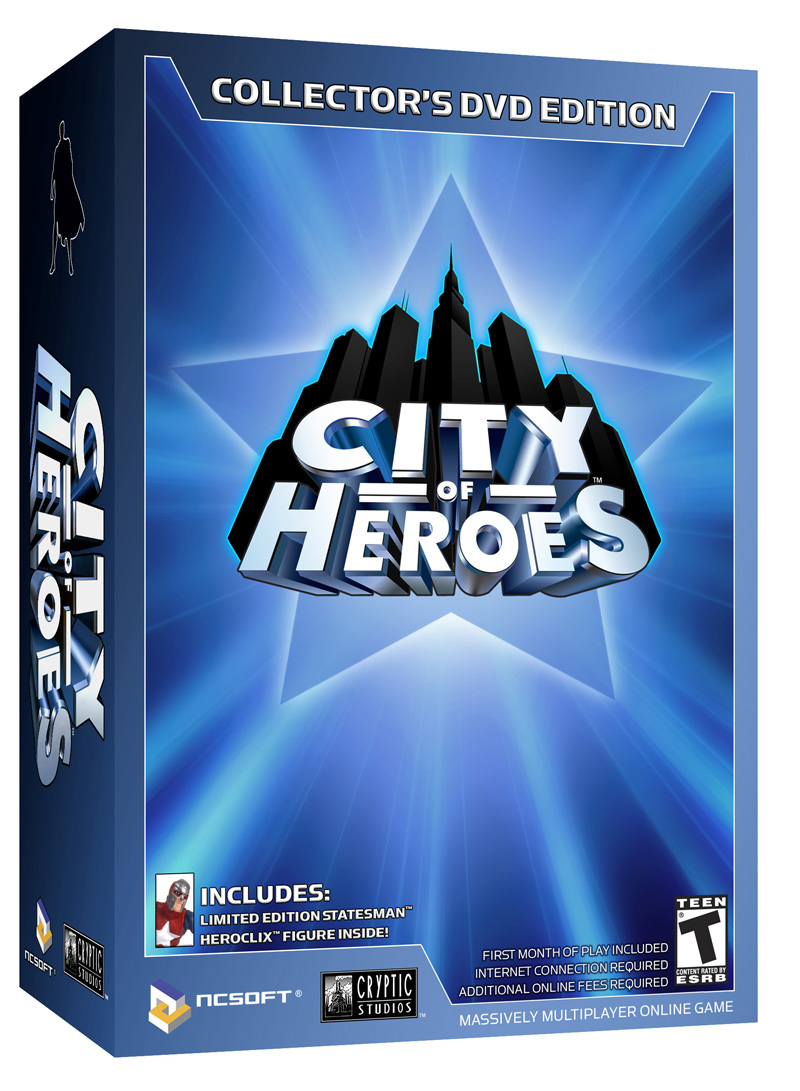
“I was 20 and had my degree - while many of my friends were pushing hot dog carts in Times Square,” he said. He returned to school and raced ahead, finishing high school in two and a half years and earning a bachelor’s in applied math from Queens College in just two and a half years. He studied video after video and within a year he had caught up. Moawia started going to the public library where a librarian showed him a series of online educational videos and made him a curriculum. “I was 14, but reading at a first-grade level,” he said.

His father was able to cover the rest of the family’s expenses on his own, so Moawia no longer needed to work, but he couldn’t go back to school because he was so far behind. “Our apartment burning down was actually the best thing that happened to my family since we came to America.”

Moawia’s family moved into a shelter and for the first time they didn’t have to worry about rent. He rarely went to school and didn’t speak English, but when he was 14, his life changed after his house burned down. My arms are still scarred from the burns.” “I could barely see over the cash register and I had a hard time reaching into the oven to pull out the pizza. His father worked 15 hours a day in a pizzeria, but still didn’t make enough to pay rent, so at 12 years old Moawia began working 12-hour shifts in a pizza shop. They sold everything and made their new home in Queens, but surviving was hard. But when his younger brother Ali was born with a rare genetic disease, they had no choice but to leave.

In Egypt, he was destined to be a farmer like his father, grandfather, and seven generations before him. From a small farming village in Egypt to public housing in Queens, he became a successful tech entrepreneur with a company valued at $7 million. Moawia is the embodiment of the American Dream. Remarkably, each of the heroes are tied together by a common thread that is as old as our nation itself - they are all immigrants who came to this country to build a better life. Representatives from each organization shared their inspiring stories of overcoming painful challenges to achieve success with the help of Robin Hood. In recognition of outstanding work, each organization received an additional grant of fifty thousand dollars. Of the more than 200 nonprofits that Robin Hood funds, three were selected to receive the Heroes Award: Coalition for Queens, CollegeBound Initiative, and the Immigrant Justice Corps.

At Robin Hood’s 27th annual Heroes Breakfast, attendees were reminded of the enormous unmet needs that exist within our city as well as the life changing work of Robin Hood and its nonprofit partners. In our teeming city of 8.5 million people, it’s easy to become numb to the suffering around us.


 0 kommentar(er)
0 kommentar(er)
